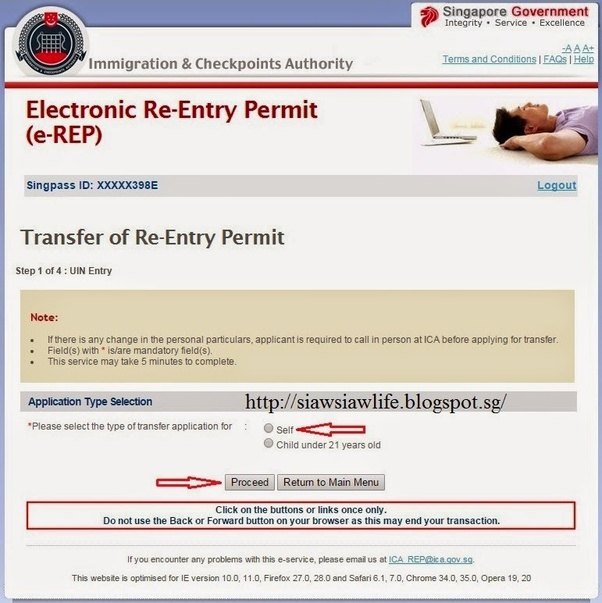The Fair Consideration Framework (FCF) refers to a set of guidelines introduced by Singapore’s Ministry of Manpower (MOM). The FCF took effect on 1 August 2014. With many seeing it as a policy with a ‘Singaporean First’ mentality, that is however not what the FCF serves to address.
Formulated through feedback from several conversation sessions and focus groups involving employer groups and key stakeholders such as National Trades Union Congress (NTUC), the FCF is designed to remind employers to fairly consider the merits and suitability of Singaporean workers in professional, managerial and executive (PMEs) positions before filling up the positions with foreign talent.
Why is the Fair Consideration Framework (FCF) established?
In land scarce Singapore, people remains the key peg in driving the economic engine. Flailing birth rates, while conveniently blamed to be the bane of the country’s immigration policy toward foreign talent, is unfortunately all too real.
With foreign talent now making up almost a third of the country’s workforce, there is genuine concern amongst Singaporeans who feels out of favoured by employers. While competition is rife, this new initiative by MOM serves to address Singaporeans’ genuine concerns on unfair hiring practices.
The government has maintained from the on set how the FCF will not stipulate a “Singaporeans first” or “Singaporeans only” recruitment policy. They have made it clear that Singapore is neither turning away foreign executives nor foreign investment. Rather, it aims to ensure that Singapore continues to remain open to foreign talent without marginalizing its own pool of PMEs.
The FCF will apply to all companies operating within Singapore. All companies must comply with the Tripartite Guidelines on Fair Employment Practices and demonstrate fair employment practices that are open, merit-based and non-discriminatory.
Key Features of the Fair Consideration Framework (FCF)
Considering Singaporeans fairly and improving job matching via a Jobs Ban
- Hiring companies are to consider Singaporeans fairly for employment,
based on merit. - Companies seeking new Employment Pass (EP) applications must advertise the positions on a new jobs bank administered by the Singapore Workforce Development Agency (WDA). Each advertisement must be open to Singaporeans, and comply with the Tripartite Guidelines on Fair Employment Practices, and run for at least 14 calendar days.
Additional scrutiny for companies that may have discriminatory HR practices
Playing a pro-active role, MOM and other government agencies will also identify companies that can improve their hiring and career development practices. For example, companies with a disproportionately low concentration of Singaporean PMEs compared to others within their industry.
Such companies will be asked to provide information to MOM such as:
- Organisation charts with nationality information;
- Recruitment processes;
- Staff grievance handling procedures; and
- Plans to develop local internal staff to take on higher roles or reduce
reliance on EP holders.
Action will be taken on companies that are unresponsive towards improving their recruitment and training practices. They may also have their work pass privileges curtailed.
Companies that are exempted from posting vacancies in the jobs banks are –
- Companies with 25 or less employees; and
- Jobs which pay a fixed monthly salary of $12,000 and above.
To further level the playing field for Singaporeans, the fixed monthly salary threshold for foreigners to qualify for the application of an EP will be increased from SGD 3,300 to SGD 3,600 with effect from 1 January 2017. However, if complaints are received of nationality-based or other discriminatory HR practices, these firms will be reviewed. In doing this, the new framework will help to ensure that foreign manpower will complement rather than undercut the skills of the local workforce.







